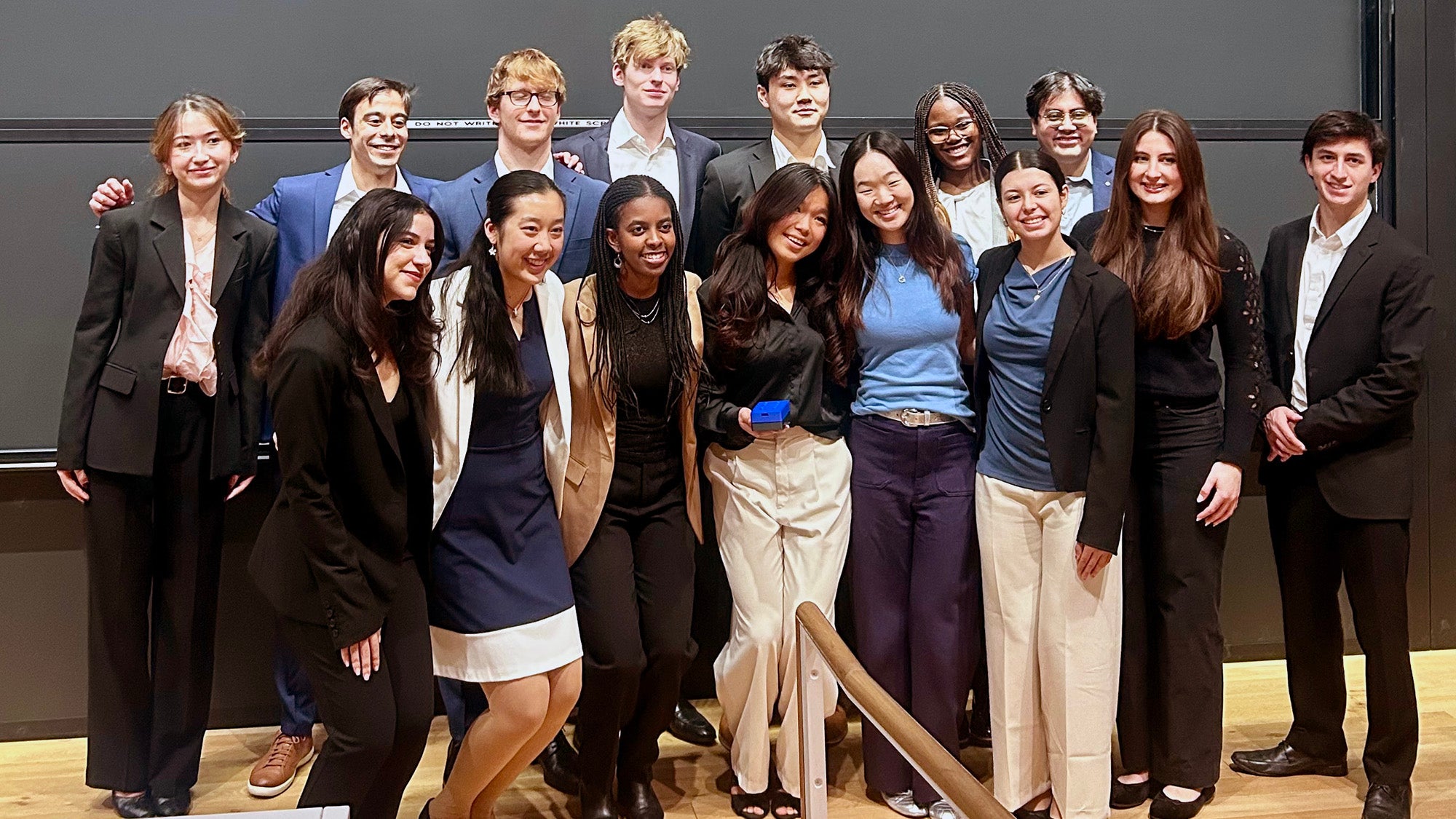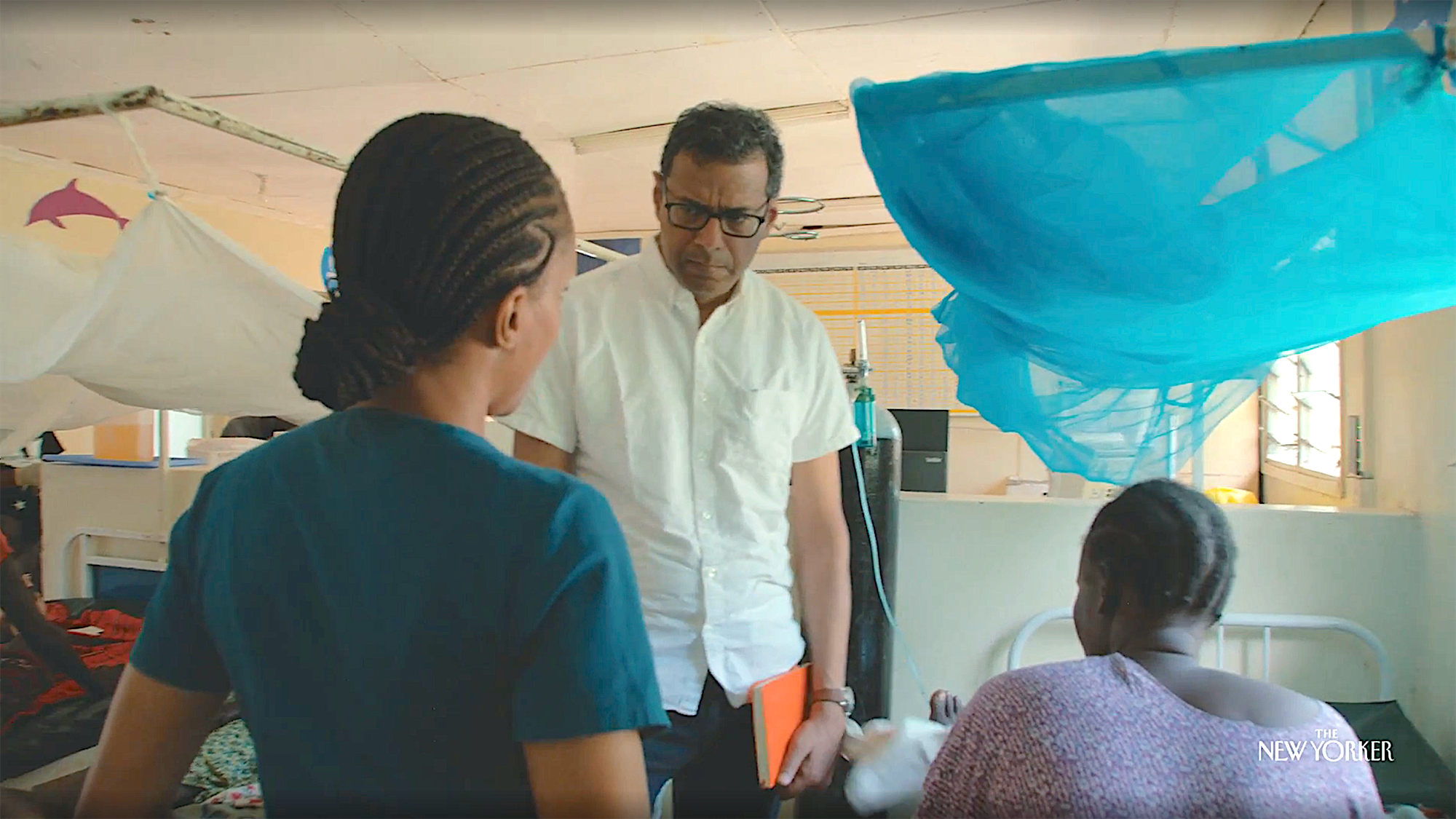Health and Human Rights Journal commemorates 30 years

July 26, 2024— In 1994, physician and activist Jonathan Mann laid out the vision of Health and Human Rights (HHR), the new journal he founded at the François-Xavier Bagnoud (FXB) Center for Health and Human Rights at Harvard University. The publication’s goal, he wrote in an editorial titled “A New Journal: A New Beginning,” was “to inform and expand the space within which ideas about the intersection between health and human rights can venture forth into the world, to be cited and criticized, debated and discussed, torn down and built up.”
Last month, HHR—the first academic journal dedicated to the right to health—marked three decades of publication. According to editor-in-chief Joseph Amon and executive editor Carmel Williams, Mann’s words ring as true today as they did decades ago. In an editorial introducing the journal’s special commemorative section, they wrote, “This ‘new beginning,’ now 30 years old, and this goal, continue to drive [HHR] forward.”
Amon, Williams, and many others who’ve contributed to HHR over the years also noted that while Mann’s vision is still being carried out, in many ways it’s already come to fruition. “Throughout its first years, HHR contributed enormously to the development of a new field of health and human rights researchers, practitioners, activists, and advocates,” Williams said. “The journal was discussing underlying determinants of health long before the World Health Organization addressed them in its 2008 World Health Report.”
Health and human rights expert Sofia Gruskin, who served as HHR’s editor from 1997 to 2007, added that when the journal’s first issue—to which she contributed—came out, the public health field and the human rights/legal field rarely overlapped. In fact, professionals from each often met each other with skepticism. “At the time, [HHR’s] interests were more modest—we sought to show simply why link health and human rights and what can be seen differently by considering them as connected,” Gruskin wrote in the journal’s special commemorative section, looking back on her first HHR article. “We often say in more recent times that the question is no longer why link health and human rights but how to do it.”
The question may have changed, but the issues HHR tackles have proven evergreen, including the health impacts of political conflicts, climate change, health system failings, abortion bans and reproductive rights violations, and pandemics. A look through the journal archives shows continuous dialogue on these and other pressing issues in the growing field over the course of decades. The journal’s 1998 edition, focused on HIV/AIDS, helped pave the way for a recent article about a study of adolescent access to PrEP in Brazil, for example. A just-published viewpoint advocating for actions to protect children’s mental health in Palestine echoes a 2004 article about health and human rights in the occupied territory. And in 2006, a research article about international human rights law and abortion was based in Nicaragua; in 2022, that same subject was explored in the United States in the aftermath of the overturning of Roe v. Wade.
Under the leadership of Mann and Gruskin, followed by physician and humanitarian Paul Farmer and epidemiologist and human rights activist Amon, the journal’s reach has grown substantially. Once physically mailed (free of charge) to a select group of public health practitioners and human rights professionals in developing countries—those in high-income countries could subscribe for $48—HHR is now an online, open-access publication, freely available to anyone with internet access. Today the journal receives support from both the FXB Center and Drexel University’s Dornsife School of Public Health.
Over the remainder of 2024, HHR plans to publish additional reflections celebrating its anniversary, and is welcoming submissions of commentaries on the journal’s history, the evolution of health and human rights scholarship, and the field’s contributions to global health equity. “As always,” Amon and Williams wrote, “we welcome critical and lively debate—or as Mann suggested, tearing down and building up.”
Photo: Carmel Williams


